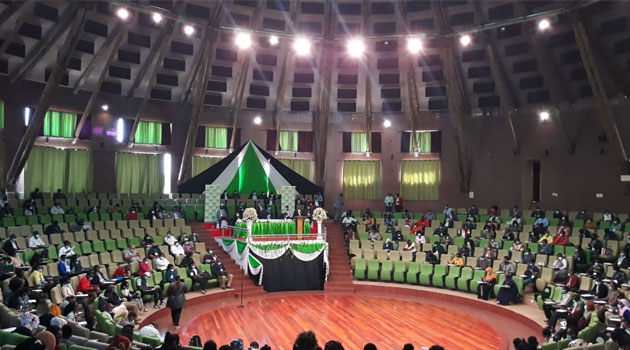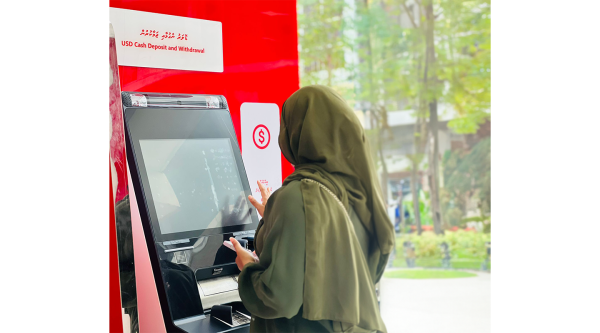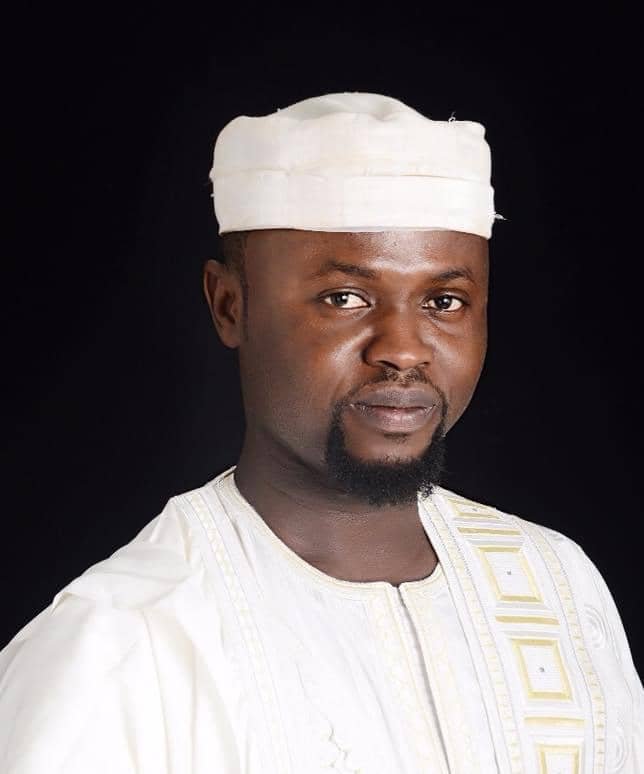NAIROBI, Kenya, Aug 9 – Security has been beefed at the Independent Electoral and Boundaries Commission (IEBC) main tallying center at the Bomas of Kenya, the electoral body’s nerve center.
The dreaded General Service Unit (GSU) is manning the venue, which serves as the Constituency, County and the National tallying center.
Persons entering the facility must undergo strict security check, including journalists, media observers and agents of different political parties.
The check involves presenting of credentials approved by the electoral body.
Only accredited personnel have access to the facility, which will draw much attention once the voting exercise concludes at 5.00 pm.
The focus will shift to the venue’s main auditorium-where the Commission will be beaming the results live as they receive them from all the 46 299 polling stations countrywide.
But before then, the Commission will be giving updates on how the election process is going across the country.
“We are having meetings before we issue updates to Kenyans,” the Commission’s Vice Chairperson Juliana Cherera said.
Some nearly 22.1 million registered voters are participating in the election to elect a new set of leaders who include: President, Governors, Senators, Members of the National Assembly, Woman Representatives and Members of the County Assembly.
The election is taking place against a backdrop of soaring prices for food and fuel, a punishing drought that has left millions hungry, and deep disenchantment with the political elite, particularly among the youth.
Pressure is on the Independent Electoral and Boundaries Commission to ensure a free and fair vote in all six polls — for the presidency and senators, governors, lawmakers, woman representatives and some 1,500 county officials.
But already, the election has run into some hitches, with six IEBC officials arrested Monday and the Commission suspending several local polls because of erroneous ballot papers.
Kenya’s international partners are watching the vote in a country considered a beacon of stability in a troubled region, with diplomats voicing cautious optimism that it will pass off largely violence-free.
Security is tight, with more than 150,000 officers being deployed.
The trauma of the 2007 election, followed by a horrific bout of politically motivated ethnic clashes that killed more than 1,100 people, still looms.
The Supreme Court ordered a rerun in 2017, citing widespread irregularities.
No presidential election outcome has gone uncontested since 2002, and there will be an anxious wait for this year’s results which are not expected for several days.




















Discussion about this post